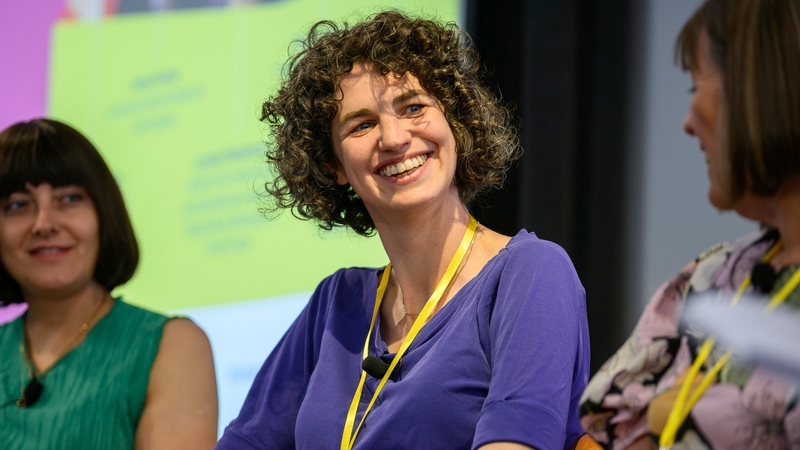You are viewing your 1 free article this month. Login to read more articles.
The undercurrent

Publishing in person is not as it is portrayed on social media. The book trade is a complex business, it is neither as wide-eyed as it needs to be on TikTok, nor as pugilistic as it has become on Twitter. In its physical incarnation it is collegiate, careful and celebratory. It is aware of the boundaries it is not always good at policing. It is on-side, positive despite all the duress, and leery of solipsism. Most important, it is a changed business: book publishing post-pandemic is a tiny bit different. We need to get better at acknowledging this. It is only going to become more important.
At The Bookseller’s Marketing & Publicity Conference, held this week in London, Jared Shurin, head of strategy at M&C Saatchi World Services, highlighted the 2021 Census results for England and Wales about to be released. “What it is going to reveal is that we live in a much younger, more diverse, and honestly more interesting country than many people expected.” And a lot of institutions, he continued, including book publishing, were created in a different time, for a different mix of people.
Shurin is on to something, but though publishing gets a bad rap, I’m not convinced it is so far behind the times. As my colleague Tom Tivnan writes when introducing this year’s up-and-comers, the Rising Stars, the 2022 cohort are “creative, positive and entrepreneurial” in their search for making their businesses better and expanding readership. Take our Shooting Star Kaiya Shang, an example of someone who has taken her place in publishing, not waited for the industry to come calling. Now in its 12th iteration, there are 40 risers this year. Tomorrow’s leaders, already here.
This change was also marked out more widely at the conference. As M&P’s programme director Miriam Robinson told me after the event: “The day was an acknowledgment of our messy realities and our need to set limits but also a call to recognise the profound importance of marketing and publicity roles and how uniquely poised everyone who does them is to make a change, whether personal, professional or cultural, if they so choose. And also a reminder that if you don’t want to do any of those things, you don’t have to.”
In short, this is a sector well capable of setting its own pace, as well as shifting with the undercurrents. There are good reasons for this. In her well-received opening speech, Polly Osborn, Simon & Schuster’s marketing and publicity director, reminded the audience that though their roles sometimes feel vocational—“you didn’t get into it for the money”—there is nothing unprofessional about the actors. In fact, she reminded everyone, they were the experts: “No one has met more readers, or spends more time analysing consumer data, no one is more immersed in the wider media landscape”.
The point is that this is not a business standing still in time. And if it sometimes feels like we are making it up as we are going along, that may be a good thing. Fact is: book publishing has kept up because its people keep up. And that is true wherever you find them.




















